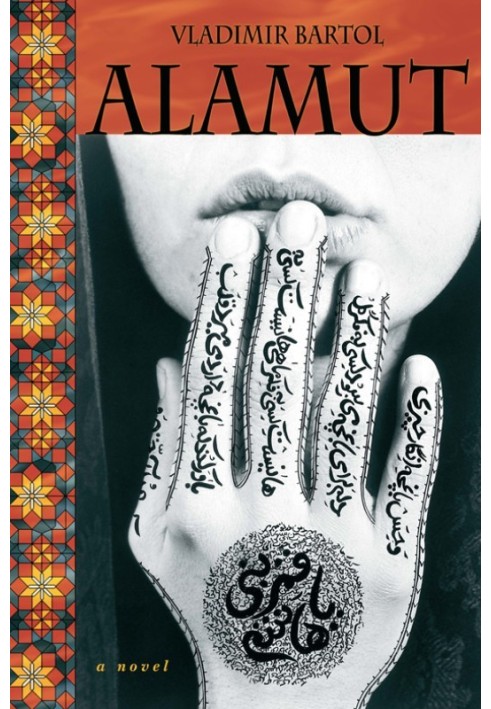Alamut
 Instant download
Instant download
after payment (24/7)
 Wide range of formats
Wide range of formats
(for all gadgets)
 Full book
Full book
(including for Apple and Android)
The novel "Alamut" was written in 1938 as an allegory on the fascist state of Mussolini. In the 1960s, the book became a cult favorite in Tito's Yugoslavia, and in the 1990s, during the Balkan War, it was read as an allegory of strife in the region and became a bestseller in Germany, France and Spain. After the terrorist attacks of September 11, 2001, the book found new life again, thanks to its early depiction of the world of suicide bombers in fanatical sects.
Alamut is a classic by Slovenian writer Vladimir Bartol, a skillfully written and presented historical novel about one of the first in the world of political terrorists Hassan ibn Sabbah. The story takes place in 11th-century Persia, in the fortress of Alamut, where the self-proclaimed prophet Hassan ibn Sabbah develops his mad but brilliant plan to rule the region with the help of a handful of elite fighters who will become his “living daggers.” Having created a virtual paradise in Alamut filled with beautiful women, lush gardens, wine and hashish, Sabbah convinces his young fighters that they can reach paradise if they follow his orders. The novel tells the story of how Sabbah was able to strike fear into the ruling class by creating a small army of followers willing to kill and be killed in order to achieve paradise.
Vladimir Bartol - Slovenian intellectual and journalist who lived before World War II in Italian Trieste. As an early follower of Jung and Freud, as well as the first translator of Nietzsche in Slovenia, Bartol wanted to combine psychology and literature with the story of the world's first terrorist.
Data sheet
- Name of the Author
- Владимир Бартол
- Language
- Russian
Reviews
Вражаюча алегорія на сучасність
Роман «Аламут» — це не просто історія про тероризм та фанатизм, а глибока алегорія, що відкриває очі на теми влади, маніпуляцій та людської психології. Автор, Володимир Бартол, майстерно поєднує історичні факти з психологічними аспектами, створюючи багатошарову картину, яка змушує задуматися про природу влади та віри. Читання цієї книги стало для мене справжнім відкриттям: я був вражений тим, як автор зумів передати атмосферу страху та безвиході, в якій опинилися персонажі. Хасан ібн Саббах — це не просто вигаданий персонаж, а символ тих, хто маніпулює людьми заради власних цілей. Роман актуальний і сьогодні, адже проблеми, порушені в ньому, залишаються невирішеними в сучасному світі. Я рекомендую цю книгу всім, хто цікавиться історією, психологією та політикою, адже вона здатна змінити погляд на багато речей.















